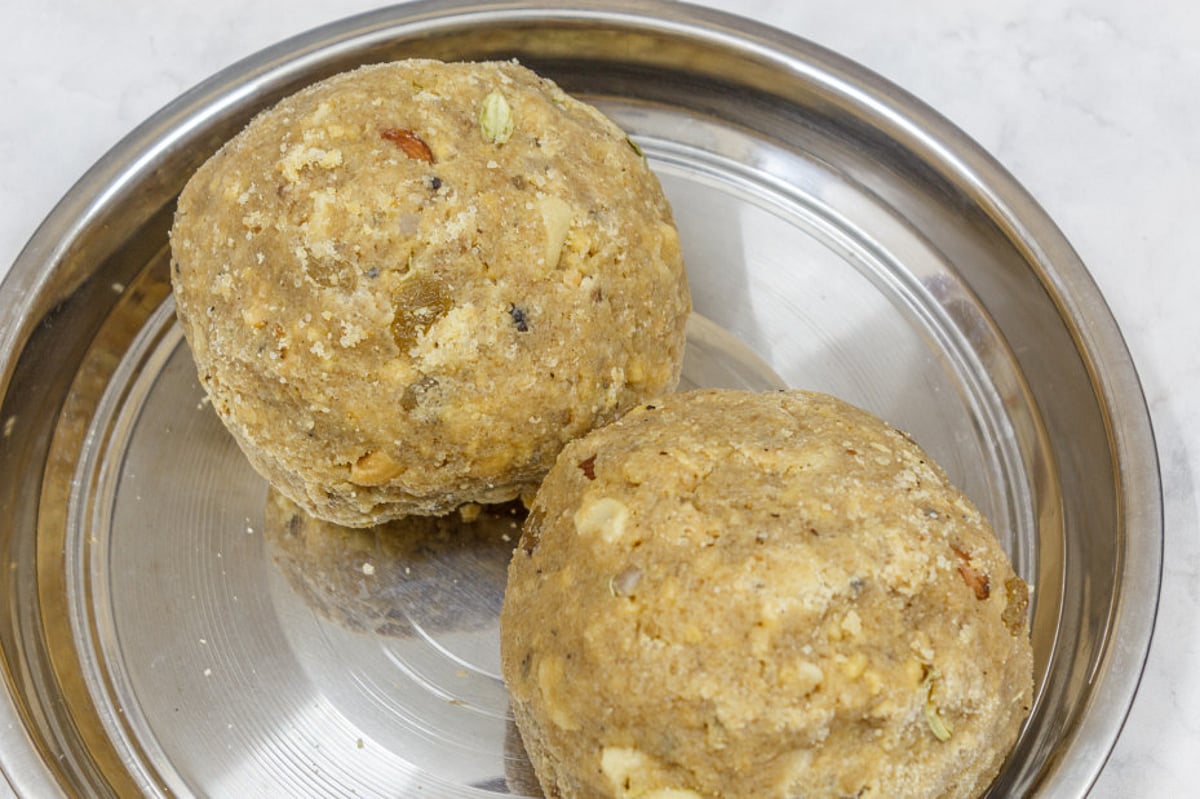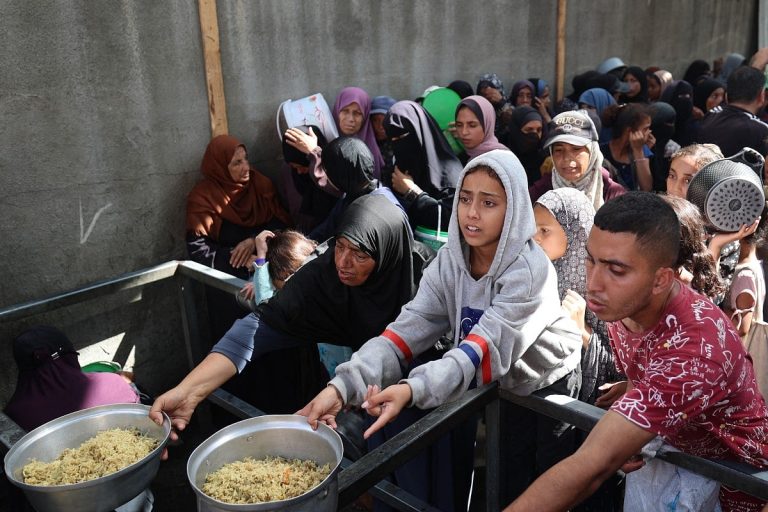Tirupati Temple Scandal Exposes Adulterated Offerings
The recent revelations surrounding the Tirumala Tirupati Devasthanams (TTD) temple have sent shockwaves through the community of devotees and the broader public. What was once a symbol of purity and divine blessing has now become embroiled in a scandal involving fake ghee and fraudulent practices. Investigators have uncovered a complex web of deceit that has compromised the sanctity of one of India’s most revered religious institutions.
The Heart of the Scandal
For centuries, the Srivari laddu, a sacred offering from the TTD temple, has been cherished by millions. Devotees believe that consuming this golden-brown delicacy brings them divine grace. However, between 2019 and 2024, a significant betrayal occurred within the temple’s kitchens. Investigators from the Central Bureau of Investigation (CBI) have exposed a staggering Rs250-crore (approximately $30 million) fraud involving the supply of adulterated ghee used in the preparation of these laddus.
The Role of Bhole Baba Organic Dairy
Central to this scandal is Bhole Baba Organic Dairy, a firm based in Uttarakhand. Despite never actually procuring any milk or butter, the company managed to supply an astonishing 6.8 million kilograms of ghee to the temple trust. Investigators have revealed that the dairy operated as a facade, with falsified records and no legitimate production of dairy products. Instead, the ghee supplied was a concoction of industrial chemicals, including palm oil and other additives, masquerading as pure cow ghee.
Proxy Firms and Continued Supply
Even after being blacklisted by TTD in 2022 due to quality concerns, the promoters of Bhole Baba Organic Dairy, Pomil Jain and Vipin Jain, circumvented the ban by establishing proxy firms. These included Vyshnavi Dairy in Tirupati, Mal Ganga Dairy in Uttar Pradesh, and AR Dairy Foods in Tamil Nadu. Through these entities, they continued to win tenders and supply adulterated ghee to the temple, effectively evading scrutiny.
Investigative Findings
The investigation has revealed alarming details about how the temple trust continued to accept supplies of ghee despite clear warnings. A report from the Central Food Technological Research Institute (CFTRI) in 2022 confirmed the presence of adulterants in the ghee, yet TTD officials ignored these findings and continued their procurement practices for an additional two years.
Financial Irregularities and Political Connections
The CBI’s investigation has also uncovered a troubling financial trail. Allegations have surfaced regarding a Rs50 lakh money transfer linked to K. Chinnappanna, an aide to former TTD chairman Y.V. Subba Reddy. Investigators suspect that kickbacks were involved in securing contracts for the supply of ghee. Chinnappanna was arrested last month, and Reddy has been summoned for questioning as part of the ongoing investigation.
The Impact on Faith and Trust
The implications of this scandal extend beyond financial fraud; they strike at the very heart of faith for millions of devotees. The discovery of animal fats and other non-vegetarian substances in the ghee has led to widespread outrage. Political figures have weighed in, with accusations flying regarding the oversight of the previous government. The Supreme Court has intervened to prevent politicization of the issue, but the damage to public trust has already been done.
The Scale of the Operation
The TTD kitchen, known as the Potu, is one of the largest religious kitchens in the world, producing around 300,000 laddus daily. The laddus are made using significant quantities of ghee, sugar, and other ingredients, all of which are expected to meet high purity standards. The scandal has raised serious questions about the integrity of the temple’s procurement processes and the officials responsible for maintaining quality control.
Ongoing Investigations and Future Steps
As the Special Investigation Team (SIT) appointed by the Supreme Court delves deeper into the scandal, more arrests are anticipated. The SIT is tracing a vast network of forged tenders, proxy dairies, and financial conduits that facilitated the fraudulent supply of adulterated ghee. The investigation aims to uncover the full extent of the corruption and restore faith in the temple’s operations.
FAQs
What is the Tirupati Laddu?
The Tirupati Laddu, also known as Srivari Laddu, is a sacred offering given to devotees at the Tirumala temple, symbolizing divine grace and purity.
How did the fraud occur?
The fraud involved a dairy that supplied fake ghee to the temple, using industrial chemicals instead of pure cow ghee, while falsifying records to secure contracts.
What are the consequences of this scandal?
The scandal has led to investigations into financial irregularities, potential political connections, and a significant loss of trust among devotees regarding the purity of temple offerings.
Conclusion
The Tirupati Laddu scandal has unveiled a troubling breach of trust within one of India’s most sacred institutions. As investigations continue, the focus remains on restoring integrity and ensuring that such a betrayal of faith does not happen again. The path ahead will require transparency and accountability to rebuild the confidence of millions who hold the temple dear.
Also Read:
Heavy Rainfall Forecast for Tamil Nadu in Next Two Days
Arrest Made in Red Fort Explosion Investigation
Explosives Seized in India After Doctors’ Terrorism Arrests







